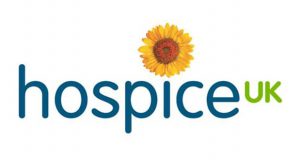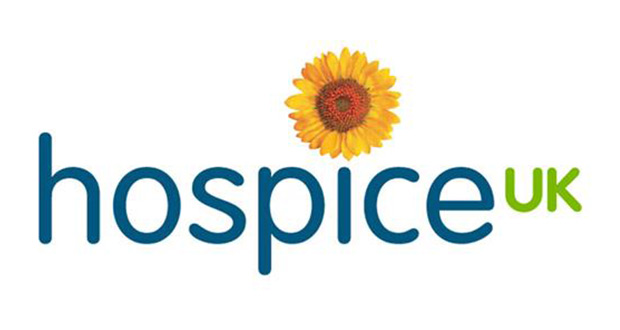Level Of Community-Based Support From Hospices Rises Year- On-Year
 The number of people supported in community settings by charitable hospices – including their own homes – has risen significantly since last year according to new research published by national hospice and palliative care charity Hospice UK.
The number of people supported in community settings by charitable hospices – including their own homes – has risen significantly since last year according to new research published by national hospice and palliative care charity Hospice UK.
Last year 159,000 people received hospice care in the community and this year it has risen to 179,000 people according to the report Hospice care in the UK 2017 which is launched today at the charity’s national conference in Liverpool.
More than one million community/ home visits were made by hospice services during 2016-17.
The number of people in the UK who receive hospice care has also risen since last year- from 200,000 to 212,000- according to the report.
It also showed that charitable hospices provided bereavement support to 46,000 people across the UK, including adults and children.
Bereavement support services are an essential component of hospice care, helping people manage what can be a hugely painful and isolating experience. These services are provided in different ways by hospices, including in one-to-one counselling with a professional therapist, group support sessions or through more general social support and information.
The report tracks the latest significant developments in hospice care but also highlights the need for more robust, comprehensive UK-wide data on hospice and palliative care services for all care providers and health and social care commissioners.
To help tackle this, Hospice UK is developing a UK-wide patient level data set for hospice care, aimed at enabling services to make better use of data to tackle inequalities in access to care.
Tracey Bleakley, Chief Executive of Hospice UK, said:
“The vast majority of hospice care is provided in the community, including people’s own homes, and hospices are reaching more people in this way since last year, according to our report.
“Our research also provides some valuable insights into the myriad of ways that hospices support people with life-limiting conditions and their families and the impressive scope of this, especially for areas such as bereavement support.
“However, we need more comprehensive UK-wide data in order to tackle inequalities in end of life care. Better intelligence on the need for palliative and end of life care at local and national levels has the potential to transform access to care and help ensure that the 118,000 people each year, who do not currently receive the support they need, are able to get this in future.”





